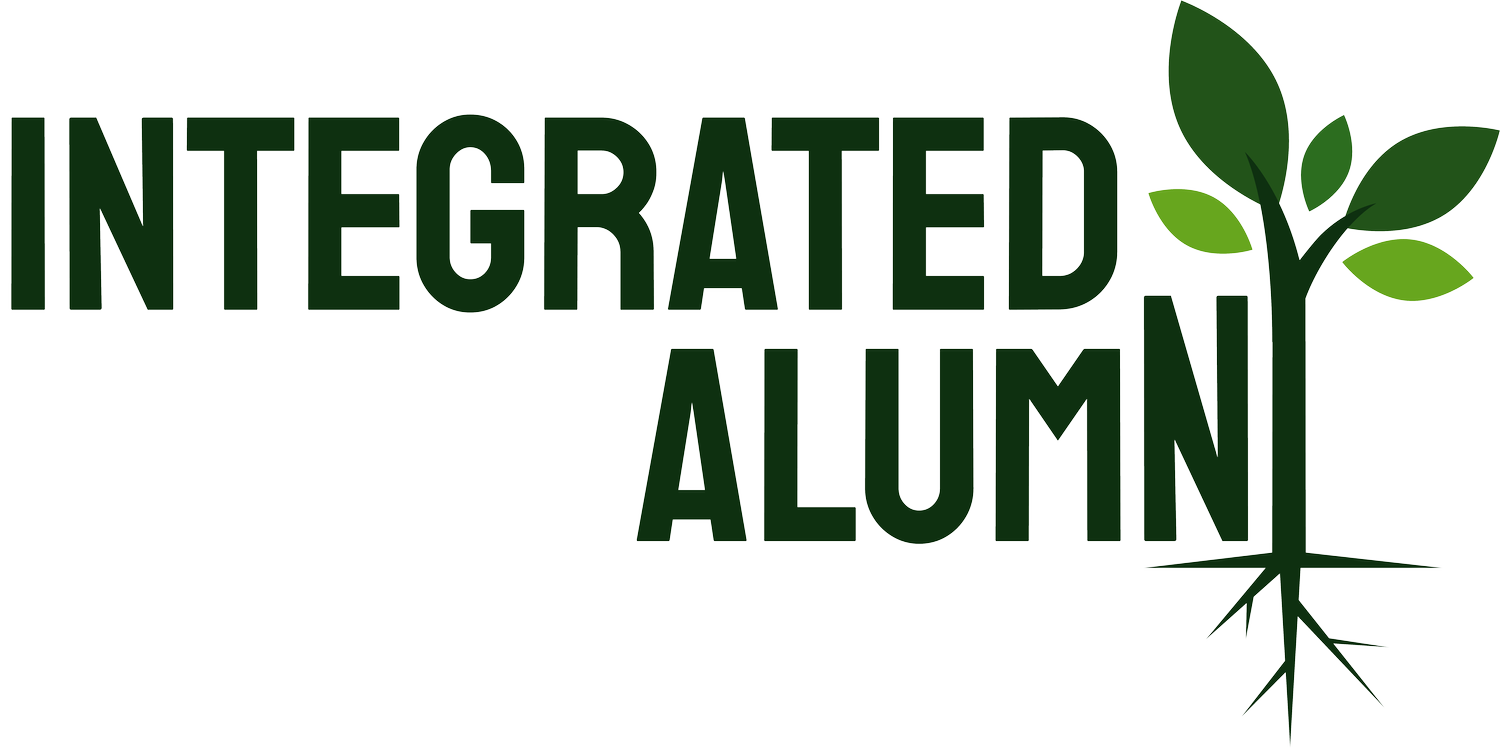Integrated Education Fringe Event at the Alliance Party Conference
During the Alliance Party Conference, the Integrated Education Fund (IEF) held a fringe event on the current state of integrated education in Northern Ireland, bringing together policymakers, educators, and advocates to discuss both progress and ongoing challenges in the sector.
Jessica Blomkvist, Senior Officer with the IEF, presented statistical evidence of growth, noting that integrated education has expanded from a modest 28 pupils in 1981 to 73 schools at present, with three additional nursery schools scheduled to receive integrated status by September. These institutions now represent approximately 8% of the Northern Ireland pupil population. Ms. Blomkvist highlighted significant momentum in recent years, with 31 parental ballots regarding integration since 2019, of which 28 resulted in successful outcomes.
The Integrated Education Act sponsor, Kellie Armstrong MLA, delivered a comprehensive address on the legislation's impact, emphasising how it broadened the scope of integrated education beyond religious integration to encompass socio-economic diversity and those with different abilities. Ms. Armstrong expressed concern regarding Education Minister Paul Givan MLAs rejection of transformation proposals from two Bangor schools despite demonstrated parental demand, characterising this decision as contradictory to the legal obligations established by the Act.
Dr. Matthew O'Neill, representing the AlumNI organisation, discussed the critical role of integrated education in supporting students with diverse learning needs. The AlumNI was recognised for its substantial contributions to the advancement of integrated education policy.
The panel discussion identified several critical issues:
1. The 2022 Integrated Education Act established legal responsibilities for educational authorities, though implementation faces significant political challenges.
2. Data indicates integrated schools demonstrate higher enrollment rates of students with special educational needs, reflecting their commitment to inclusive practices.
3. The emerging concept of "community schools" requires further definition and clarification regarding its relationship to integrated education.
4. Academic selection at age 11 continues to present obstacles to educational equity.
5. The transformation process remains a viable pathway for schools seeking integrated status, with continued emphasis on parental engagement through established campaigns.
The hustings proceedings underscored that despite increasing public support for integrated education, advocates must maintain vigilance in defending and expanding these educational opportunities within Northern Ireland's educational landscape.
